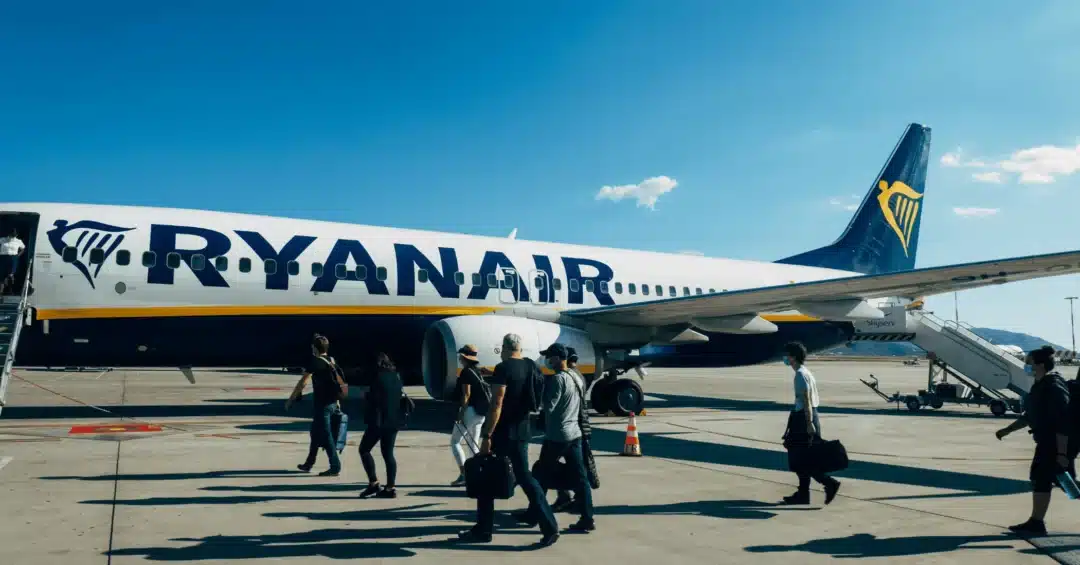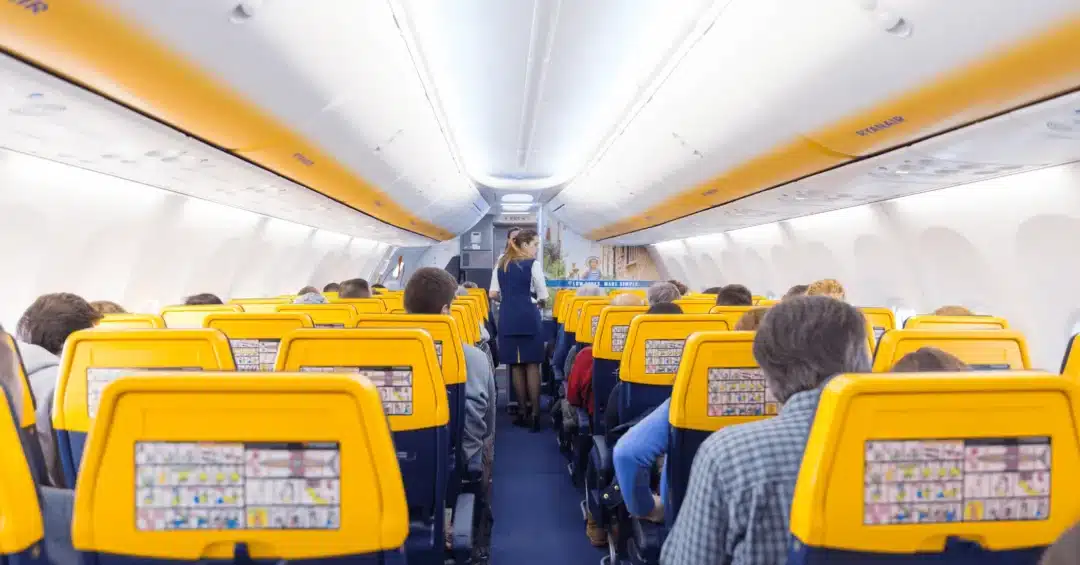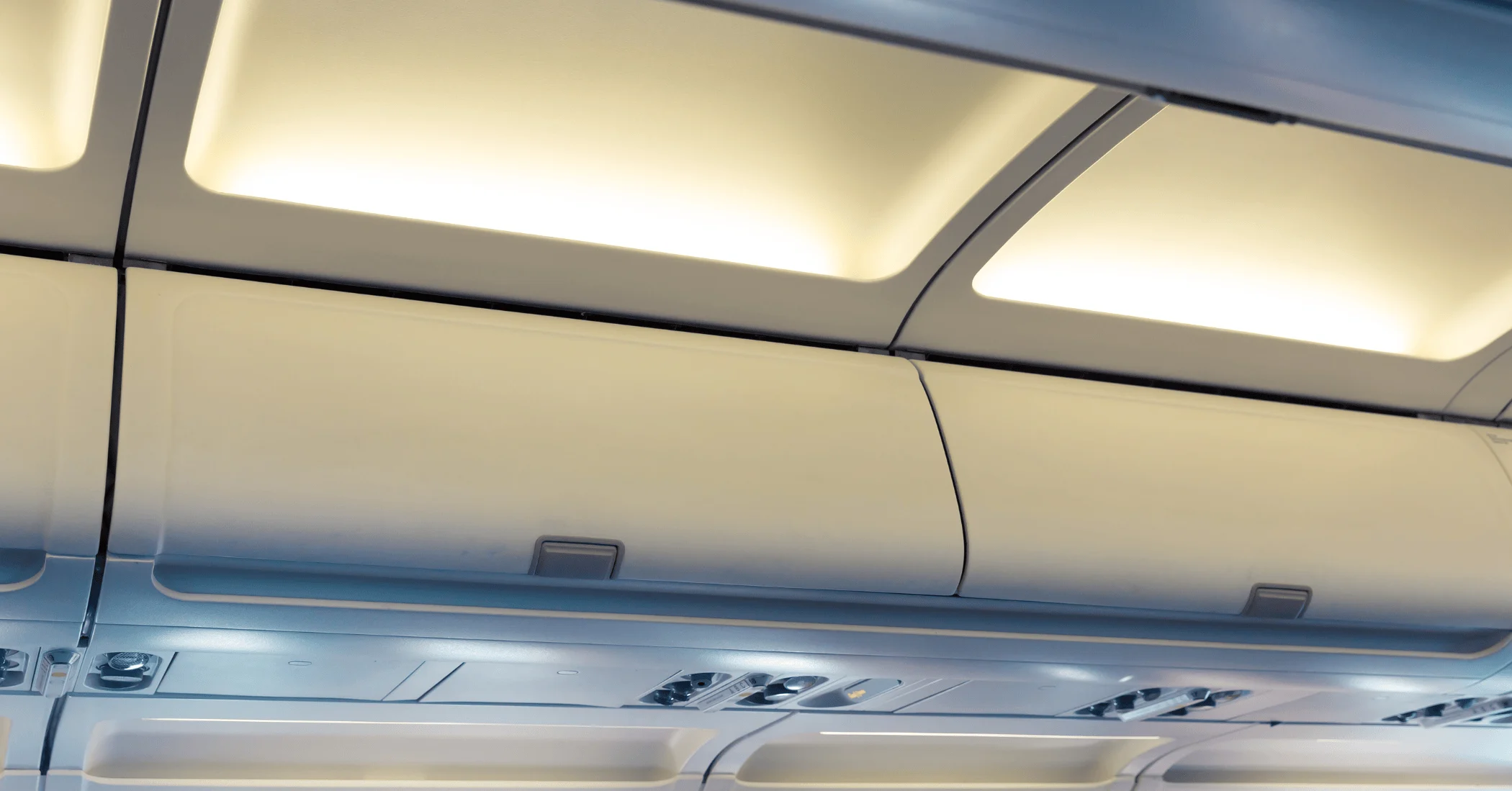Travelling on a budget can be a headache, especially when faced with unexpected charges like paying for carry-on luggage. But change is in the air: Spain has just taken decisive action against airlines imposing these controversial fees. In a landmark move, the Spanish Ministry of Consumer Affairs has fined five major airlines for unfair practices, including charging for carry-on luggage.
The fines, which amount to a staggering €179 million, target Ryanair, Vueling, EasyJet, Norwegian, and Volotea. Leading the charge, Ryanair faces a record-breaking penalty of €107.8 million. For consumers, this isn’t just about the money—it’s about the promise of fairer skies ahead.
Spain’s largest consumer fine to date
The sanctions come as part of a broader effort by Spain’s government to crack down on abusive practices in the airline industry, such as charging for carry-on luggage. Ryanair’s fine alone is 17 times larger than any consumer protection penalty previously issued in the country. Vueling follows with €39.3 million, EasyJet with €29.1 million, Norwegian with €1.6 million, and Volotea with €1.2 million.

These fines aren’t just about punishing past practices—they come with clear instructions for the future. The airlines are now explicitly prohibited from continuing policies that charge passengers for carry-on luggage, a practice deemed both abusive and unlawful.
What practices are being targeted?
The Ministry’s ruling extends beyond luggage fees. Other violations include:
- Additional charges for seat reservations: fees imposed on passengers wishing to sit next to dependents or children.
- Disallowing cash payments at Spanish airports.
- Excessive fees for boarding passes: particularly targeting airlines charging passengers to print tickets at the airport.
- Opaque pricing: lack of clarity on ticket costs, making it difficult for travellers to compare fares effectively.
For Ryanair, the fines specifically highlight its practice of charging exorbitant fees for ticket printing when passengers arrive without their boarding passes.
A long time coming
The move follows years of complaints and advocacy by consumer protection groups. Organisations like Facua have been calling out these unfair practices since 2018, when Ryanair first introduced carry-on luggage fees. While some regional authorities attempted to address these issues, the Ministry of Consumer Affairs took over the cases to ensure fines reflected the scale of the violations.

The penalties were calculated based on the illicit profits earned by the airlines, ensuring a proportional and deterrent effect. In severe cases, fines can reach six to eight times the illicit revenue generated by such practices.
What happens next?
While the Ministry’s decision is a major victory for consumer rights, the battle isn’t over just yet. The airlines have two months to appeal through administrative or judicial channels. Until the fines are finalised, they are not legally binding, allowing airlines to maintain their current policies for now.
Industry representatives, including Javier Gándara, president of the Spanish Airline Association (ALA), have expressed confidence that the courts will overturn the sanctions. However, for consumers, the fines represent a significant step toward curbing unfair practices in the travel industry.

What does this mean for you?
If the rulings are upheld, airlines operating in Spain will no longer be able to charge passengers for bringing standard carry-on luggage on board. This change could also signal a broader shift in airline policies across Europe, setting a precedent for fairer pricing.
For now, travellers should stay informed about any changes to airline policies. While the sanctions are a positive development, it may take some time before the effects are fully realised. Until then, double-check your airline’s carry-on luggage policies and keep an eye out for updates.

Fairer skies ahead
Spain’s crackdown on airline practices is a win for passengers fed up with hidden fees and unclear pricing. Whether you’re planning a weekend getaway or a longer trip, the promise of fairer and more transparent travel options is something worth celebrating. So, the next time you pack your bags, you might just be able to leave those extra charges behind.








